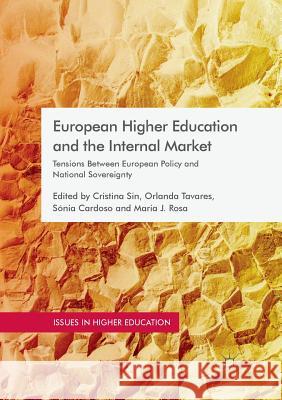European Higher Education and the Internal Market: Tensions Between European Policy and National Sovereignty » książka
topmenu
European Higher Education and the Internal Market: Tensions Between European Policy and National Sovereignty
ISBN-13: 9783030063191 / Angielski / Miękka / 2019 / 383 str.
European Higher Education and the Internal Market: Tensions Between European Policy and National Sovereignty
ISBN-13: 9783030063191 / Angielski / Miękka / 2019 / 383 str.
cena 403,47
(netto: 384,26 VAT: 5%)
Najniższa cena z 30 dni: 385,52
(netto: 384,26 VAT: 5%)
Najniższa cena z 30 dni: 385,52
Termin realizacji zamówienia:
ok. 16-18 dni roboczych.
ok. 16-18 dni roboczych.
Darmowa dostawa!
Kategorie:
Kategorie BISAC:
Wydawca:
Palgrave MacMillan
Seria wydawnicza:
Język:
Angielski
ISBN-13:
9783030063191
Rok wydania:
2019
Wydanie:
Softcover Repri
Numer serii:
000123872
Ilość stron:
383
Waga:
0.48 kg
Wymiary:
21.01 x 14.81 x 2.13
Oprawa:
Miękka
Wolumenów:
01
Dodatkowe informacje:
Wydanie ilustrowane











